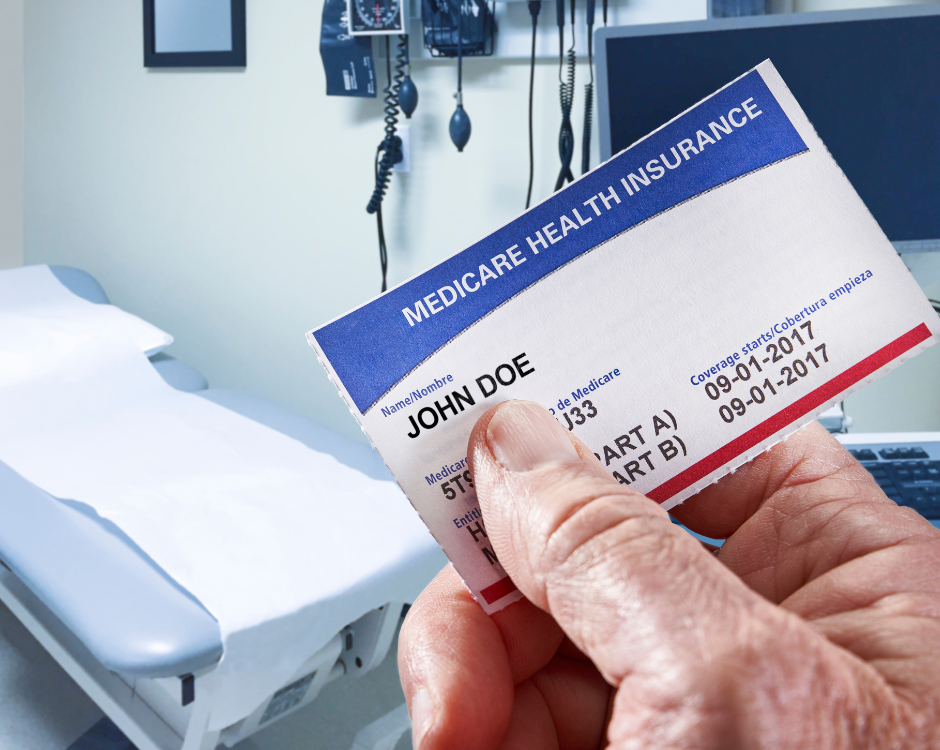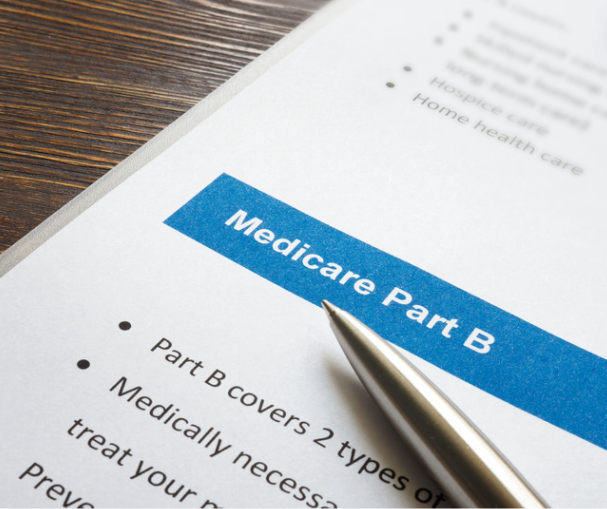- Licensed & Approved Agency in Multiple States
- (888) 901-4870
- (404) 996-0045

Understanding the Medicare Medical Savings Account
March 28, 2017
What’s Covered Under Medicare Part B?
April 24, 2017Medicare Health Savings Account
Do you have a health savings account, either on your own or with a current or previous employer? You may be able to use your health savings account to help pay Medicare premiums. Read on to find out more about Medicare Health Savings account options.
HSA overview
Millions of Americans own health savings accounts, which provide a tax advantaged way to save in advance for future health care-related expenses. Contributions are tax-deferred, and money within these accounts grows tax-deferred as long as it’s in the account, similar to an IRA. If you take an HSA distribution for anything other than a qualified health care expense, however, the penalty is steep: a 20 percent excise tax penalty, plus income tax.
But the upside is this: As long as your withdrawals are made to pay for qualified health care expenses, withdrawals are also tax-free, which essentially means you’re getting the health care you need at a big discount.
To contribute to a health savings account, you must be enrolled in a qualified high deductible health plan, which can be one you purchase yourself via a health insurance agent, or it can be an employer-sponsored plan.
HSAs when you turn 65
When you turn age 65, you are free to begin taking distributions from your HSA without a 20 percent penalty. But you’ll still pay income tax on distributions, unless they are taken to pay a qualified health care expense.
Normally, most people enroll in Medicare during their open enrollment period when they turn 65. Once you do this, you get disenrolled from your high deductible health plan, and you can no longer contribute to your HSA. The good news: You still get all the benefits of the HSA, including tax-deferred growth, and tax-free withdrawals to pay qualified medical expenses.
You may not have to enroll in Medicare at this time: If you are currently enrolled in a high deductible health plan, and keep that coverage, you retain creditable coverage, and you won’t be penalized for a late Medicare enrollment. You can also keep contributing to your HSA as long as you are so enrolled. However, when many people look at the cost of maintaining their own coverage after age 65, they usually opt to enroll in Medicare.
If you’re self-employed, however, or you work for a business with fewer than 20 employees, you will have to accept Medicare as your primary insurer when you turn age 65. You won’t be able to keep contributing to a HSA as of the first day of the month you turn 65 and enroll in Medicare. Your eligible contribution is prorated by the number of months that elapse before the month in which you turn age 65, divided by 12.
Example: If you turn 65 on the 30th of August, you lose eligibility as of August 1st. You’ll be able to contribute 7/12ths of the total annual contribution normally allowed.
HSAs and Medicare Premiums
Yes, you can take distributions from your HSA to pay Medicare premiums, to include Part A, Part B, Part C (Medicare Advantage) and Part D (prescription drugs) premiums. These are considered qualified medical expenses for HSAs.
Of course, your Medicare premiums are normally deducted from your Social Security check each month. But the law allows you to reimburse yourself by taking a dollar-for-dollar distribution from your HSA.
Other Medical Expenses in Retirement
Medicare does not cover all medical expenses. There are deductibles and co-pays and co-insurances that apply, depending on your plan. Generally, these copays and deductibles and other charges qualify as health care expenses, and therefore qualify for tax-free withdrawal.
Can I Use HSAs to Pay for Medigap Coverage?
No. The rules set forth by Congress and the IRS don’t consider withdrawals to pay Medigap insurance to be qualified medical expenses.
Do you have more questions about health savings accounts, high deductible health insurance plans, or Medicare? Call me today at 888-901-4870. Or visit us at www.LifelongInsurance.com, and fill out an easy form to schedule a no obligation consultation. Please note your information is kept private. We’re not a lead generation service that could generate dozens of calls. LifelongInsurance does not sell your information to anyone for any organization for any reason.
It’s important to act now: If you delay, you could miss key deadlines and have fewer options air be forced to pay higher premiums and penalties.
So call today. I look forward to working with you and answering any questions you may have regarding your Medicare Health Savings Account options.
Chad Cason




